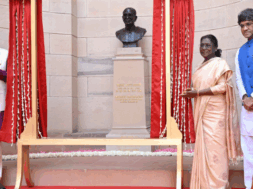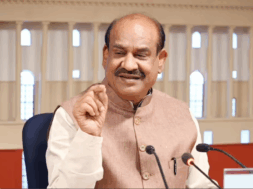
Social media giant Facebook Monday said it has removed 687 pages and accounts linked to individuals associated with an IT Cell of the Congress party as it cracks down on fake accounts and spam. These accounts, it said, were part of a coordinated networks and were removed not based on content or fake news but for “inauthentic behaviour” and for pushing spam.
Besides, Facebook has also removed 103 pages, groups and accounts on its platform and Instagram for engaging in similar behaviour as part of a network that originated in Pakistan.
Facebook Head of Cybersecurity Policy Nathaniel Gleicher told that Facebook has removed 687 Facebook Pages and accounts – the majority of which had already been detected and suspended by its automated systems – that engaged in “coordinated inauthentic behaviour” in India and were linked to individuals associated with an IT Cell of the Indian National Congress (INC).
As per the reports Gleicher told that when we remove one of these networks, the reason we remove them is because of their coordinated inauthentic behaviour, that they are using network of fake accounts to conceal their identity to mislead who’s behind them. That’s the basic reason for removal.
He asserted that the removal was not based on the content that was shared by these pages and groups.
“We are constantly working to detect and stop coordinated inauthentic behaviour because we don’t want our services to be used to manipulate people. We’re taking down these pages and accounts based on their behaviour, not the content they posted,” he said.
No immediate comments could be obtained from the Congress.
Facebook, which has been facing flak globally for instances of user data breach, has been ramping up efforts to ensure that its platforms (that includes WhatsApp and Instagram) aren’t misused to spread misinformation, especially ahead of polls in India.
It has recently started providing details of political ads on its platform in a bid to enhance transparency. It is also strengthening its team of fact checkers and deploying technology tools to flag fake news.
With ensuing general elections, the Indian government had warned social media platforms of strong action if any attempt was made to influence the country’s electoral process through undesirable means.
Talking about the steps taken post the removal, Gleicher said,
“We have reached out to the INC to educate them about what we have seen and answer questions they have. We have also reached out to policy makers and government to ensure that they understand the types of behaviour we are seeing and what we are learning”.
“They also frequently posted about local and political news including topics like the Indian government, political leaders and military. Although the people behind this activity attempted to conceal their identities, our investigation found that it was linked to employees of the ISPR (Inter-Service Public Relations) of the Pakistani military,” he added.













